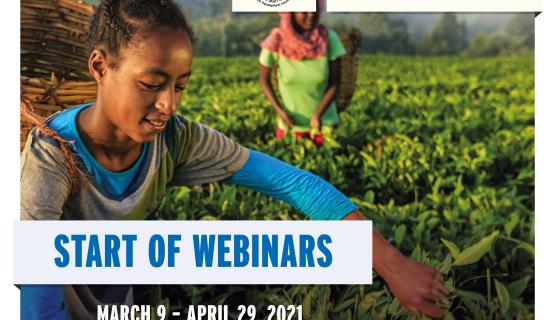What is Nile Basin Development Forum (NBDF)?
The Nile Basin Development Forum (NBDF) is a high-level regional event convened every three years by the Nile Basin Initiative (NBI) in collaboration with its Member States and in partnership with development partners. The event is a science-policy dialogue that provides an opportunity for sharing latest information, knowledge and best practices as well as building partnerships among professionals, in trans-boundary water resources management and development. The objectives of the Forum are to build common understanding on the status of the water and natural resources base of the Nile Basin among stakeholders, examine the shared complex challenges and, exchange perspectives on the solutions for addressing these challenges. Six editions of the NBDF have taken place, with the last held on February 22nd to 7th April 2021 in Addis Ababa Ethiopia.
NBDF forums are attended by a broad range of stakeholders who include ministers in charge of water and foreign affairs in Nile riparian countries, other senior government officials, parliamentarians, water resource managers, river basins organizations, economists, environmentalists, development planners, academics, researchers, media practitioners, civil society, local and international NGOs, UN agencies, and private individuals and corporations.
Why NBDF?
The aim of the biennial, high level event, which was first held in 2006, is to create communities of people who are well informed, actively engaged in and promoting Nile cooperation as the only means of achieving sustainable management and development of the shared Nile Basin water resources as well as addressing shared risks, threats and challenges across the Basin.
Target Audience
Nile Basin Development Forum is organised mainly as a public event and as such, the target audience is all NBI stakeholders as outlined in the overarching NBI Communication and Stakeholder Engagement Strategy 2018 – 2023. These include members of the NBI core and extended governance in each Member State, Members of Parliament, Development Partners, Researchers, Academia, Civil society and Media. Others are opinion leaders, the youth and children

